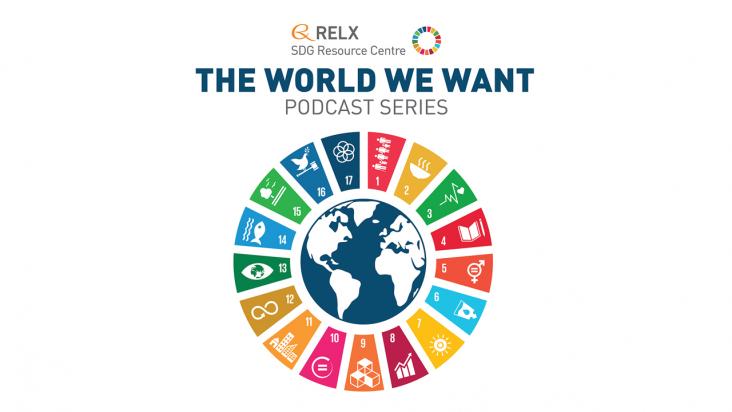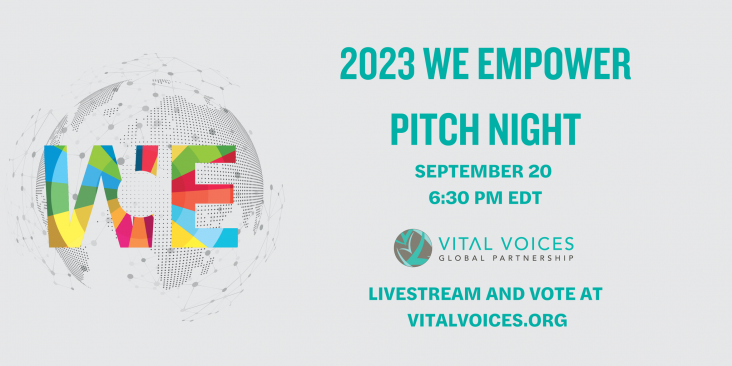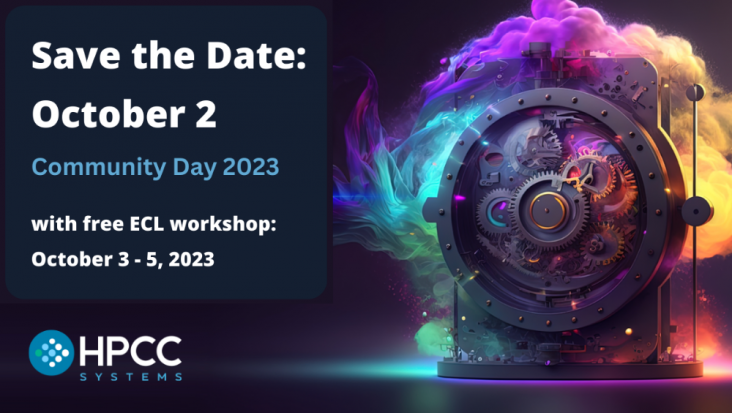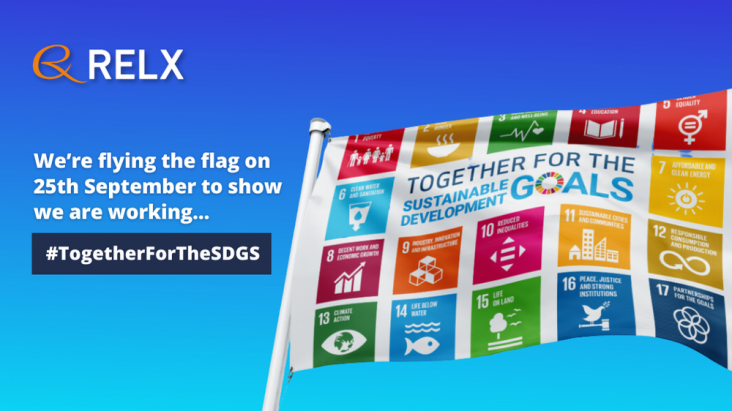
UN's Summit of the Future 2024: Paving the Path for SDG Resources


WE Empower Pitch Night, hosted by Diane von Furstenberg, will be a dynamic evening event bringing together top business leaders, the media and other key influencers to participate in an innovative

The 10th annual HPCC Systems Community Virtual Summit will kick off the week on October 2 with an exciting line up of speakers, sessions and engaging workshops.

As we enter the ninth year since the adoption of the UN Sustainable Development Goals (SDGs) in 2015, the pressing need to meet these ambitious objectives becomes ever more evident.
